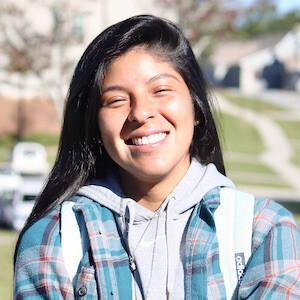
Early Childhood Education (BS)
Make an impact on young learners.
If you have a passion for teaching, the Early Childhood Education program at SWU will give you everything you need to lead, innovate, and teach future generations. Our constructivist approach fosters learning and centers on a Christian ethic of care aimed at producing teachers who are leaders and world-changers.
You’ll get hands-on experiences with children in pre-kindergarten through third grade in local schools beginning in your sophomore year, and you’ll earn 150 practicum hours in real classrooms before starting your own student teaching. Our experienced, dedicated faculty will provide mentorship at every stage of your journey.
Our Partners at TeachSC have free tools and resources to make applying to our program—and becoming a classroom teacher—easier! Create an account today and immediately access:
- An interactive application checklist to keep you on track.
- $100 fee reimbursement towards any of our application and testing expenses.
- 1-on-1 expert advice for any question along the way.
- How-to guides for eligibility, applications, testing, and finances.
- A chance to win a $1,000 scholarship toward tuition.
Check them out by signing up here!
Download the Flyer
“I chose SWU because they have a really good education program. Everyone's so welcoming and I just wanted to be a part of this community.”Maria Ramos — 2022 Early Childhood Education Graduate
- Charter or public school teacher (pre-K through third grade)
- Director of child development center
- Early intervention specialist
Graduates of the Early Childhood Education program will be able to:
- Demonstrate understanding of young children’s characteristics and needs and the multiple influences on their learning and development.
- Understand family and community characteristics and support families and communities through respectful, reciprocal relationships.
- Practice responsible assessment by identifying the goals, benefits, and uses of different assessment tools.
- Employ content knowledge to build meaningful curricula in all subject matter areas.
- Uphold ethical standards, follow professional guidelines, and engage in informed advocacy for young children, their families, and early childhood teaching as a profession.
